Contents
Guide
For Chrissy, Hunter, Taylor, and Fox, so they can stop asking me, When are you going to finish that book?
And to my friend Tony Kynaston, who suggested I write this book, and patiently guided its progress over many years, providing invaluable suggestions and criticism, all of which improved the final product.
PREFACE
E very day in the news we hear about people in positions of business, political, and religious leadership doing deplorable thingssexual harassment, polluting the environment, lining their own pockets at the expense of their employees and customers, raping children, and covering up crimes. The common explanation is that they are just bad eggsnormal people who have gone astray for reasons unknown. However, I believe there is a better explanation.
Psychiatrists estimate that 1 percent of the adult population are psychopathspeople physiologically incapable of empathy, who crave risk, are often charismatic, and who possess an extreme desire for wealth and power. In the United States, this 1 percent would be nearly two million adults. Where might these people be hiding?
The premise of this book is that these psychopaths are quite possibly to be found occupying senior management positions in many of our institutions and organizations, wielding enormous power. In other words, our economy is run by psychopaths. If that is true, then we need to build systems that protect us from their behavior. This book examines the evidence and then suggests solutions for saving us allfrom the psychopaths who are literally right in front of us, who are literally hiding in plain sight, or who are in the next office, the Oval office, or the office down the street.
INTR

DUCTION
The greatest trick the Devil ever pulled was convincing the world he didnt exist.
Kevin Spacey, The Usual Suspects
I dont know if youve noticed, but the world is in a bit of a fucking mess right now. Our political leaders continually fail us. Our business executives fail us. Our religious leaders fail us.
Almost every day we hear about people in positions of business, political, and religious authority, who should know better, doing horrific things.
Theres an old saying: Power corrupts; absolute power corrupts absolutely.
What if we have it backwards? Maybe it should be: The corrupt seek power; the absolutely corrupt seek absolute power.
The central premise of this book is simple: The world is in a fucking mess because we have allowed too many psychopaths to rise to positions of power. The cultures of many of our largest organizationsbusiness, political, military, law enforcement, and religiousattract and reward psychopaths. They prosper and rise into management positions, where they contribute to increasing the toxicity of the organizational culture. Combined, these toxic organizations pose an extraordinary danger to society. We are facing an epidemic of psychopaths.
Psychiatrists estimate that psychopaths (or, as they prefer to call them, people suffering from Antisocial Personality Disorder) make up something like 1 to 2 percent of the adult populationor maybe even as high as 4 percent.
The condition seems two or three times more prevalent in men than women.
Despite what Hollywood might have told you, psychopaths (thats what Im going to continue to call them for the sake of brevity, and it includes sociopaths) arent all serial killers. Psychopathy is actually much more common than most people assume.
In fact, according to criminal psychologist Robert Hare, only about 15 to 20 percent of a typical prison population are psychopaths.
So, if psychopaths arent all serial killers or criminals, what are they?
Lets start with a definition. According to the FBI:
Many psychopaths exhibit a profound lack of remorse for their aggressive actions, both violent and nonviolent, along with a corresponding lack of empathy for their victims. This central psychopathic concept enables them to act in a cold-blooded manner, using those around them as pawns to achieve goals and satisfy needs and desires, whether sexual, financial, physical, or emotional. Most psychopaths are grandiose, selfish sensation seekers who lack a moral compassa conscienceand go through life taking what they want. They do not accept responsibility for their actions and find a way to shift the blame to someone or something else.
In this book, Im going to make the case that many of the behaviors that come naturally to psychopathsthe lack of empathy combined with a high appetite for risk, lack of conscience, the ability to fake charisma, and an intense desire for powermake them attractive to organizations. Think about your colleagues and managers for a seconddo you know anyone who fits that description?
I believe a relatively small group of these garden-variety psychopaths end up in management positions in many of our business, religious and political organizations. Most of them, however, do not. They lack the IQ or the motivation to climb the ladder. In some cases, they have both of those but burn too many bridges early on in their careers, scaring people with their intense raw ambition and cold glare.
Martha Stout from the Harvard Medical School, author of The Sociopath Next Door, suggests most of them are obscure people, and limited to dominating their young children, or a depressed spouse, or perhaps a few employees or coworkers.
Some, however, have the right combination to climb the ladder. Enough, I believe, to cause society enormous problems.
Reasonable people can do bad things from time to time. We can be cruel, insensitive, selfish and thoughtless. But nature has imbued us with a degree of empathy. We feel remorse, guilt, and regret when we hurt others. While we will all do horrible things from time to time, we dont go out of our way to do them, and we feel bad afterward. Psychopaths, on the other hand, have no conscience. They dont feel bad; they feel like winners. And they try to convince the rest of the world that if we want to be winners, too, we should be more like them.
One percent of the adult population of the United States is roughly two million peopletwo million psychopaths. A percentage of them are undoubtedly already in the prison system. Some are sitting at home, drinking beer while their wives go out to work. Some might be sitting in the big corner office in your building. Some might be working inside the White House, Downing Street, the Vatican, and the Pentagon.
Collectively they wield enormous power over society. If I am right, we need to build systems that protect us from their worst instincts.
Throughout the book, Im going to examine psychopaths in more detail and explore the various ways that different kinds of organizations develop toxic cultures.
In the final chapter, I suggest a range of things we can all do to stop psychopaths from ruining our organizations and society and how we can protect ourselves from them as individuals.
Psychopaths, like redheads, have probably always been with us. But modern capitalism has given them access to more power than they might have had two hundred years ago.
I want to convince you that this epidemic of psychopaths in positions of power is the biggest problem facing the world today. Its bigger and more pressing that climate change, Brexit, wars, and offshore tax sheltersbecause these issues are all caused, or worsened, by the fact that unchecked psychopaths are in power. Remove the psychopaths from the worlds boardroom tables and we could probably solve all of these issues a lot faster.


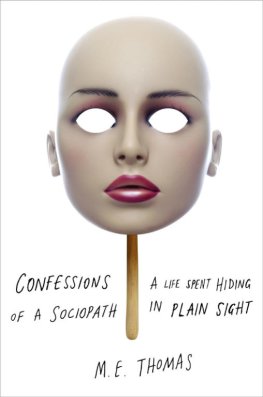
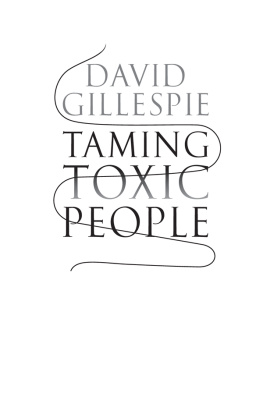
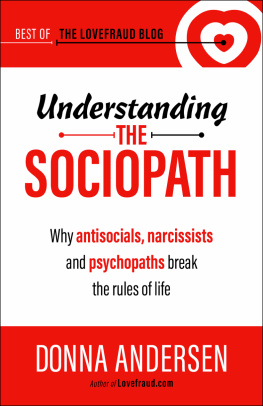
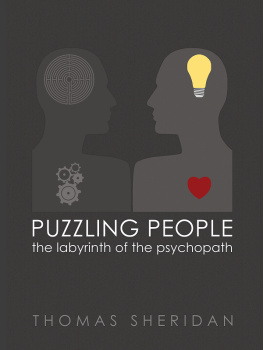
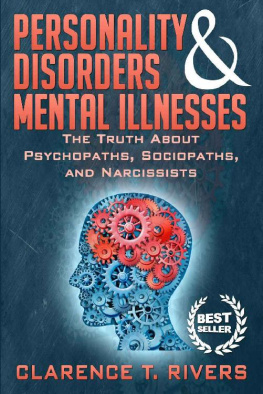
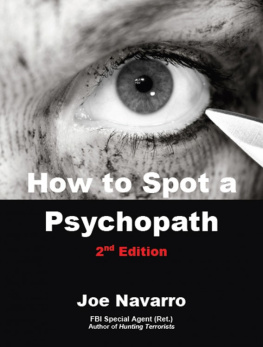
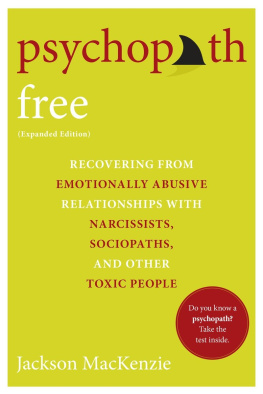
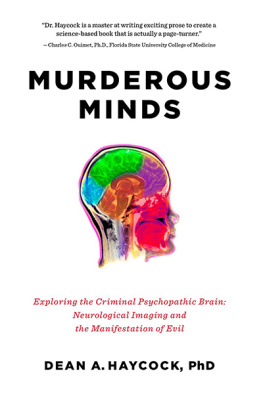
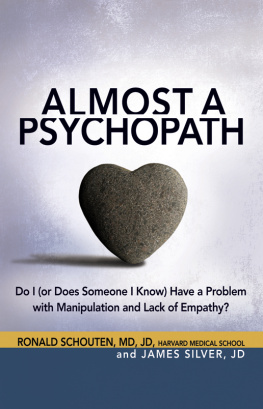
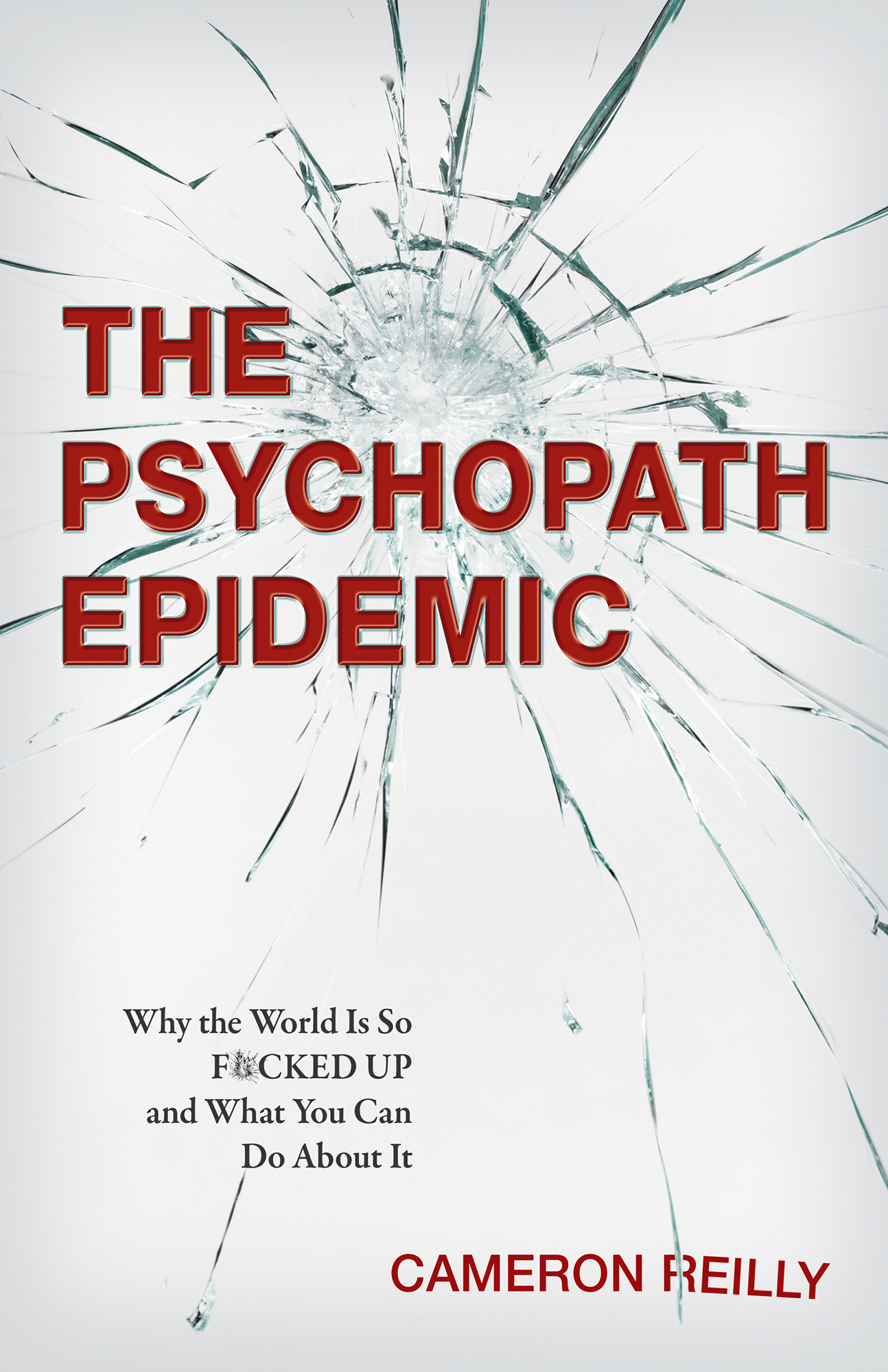

 DUCTION
DUCTION